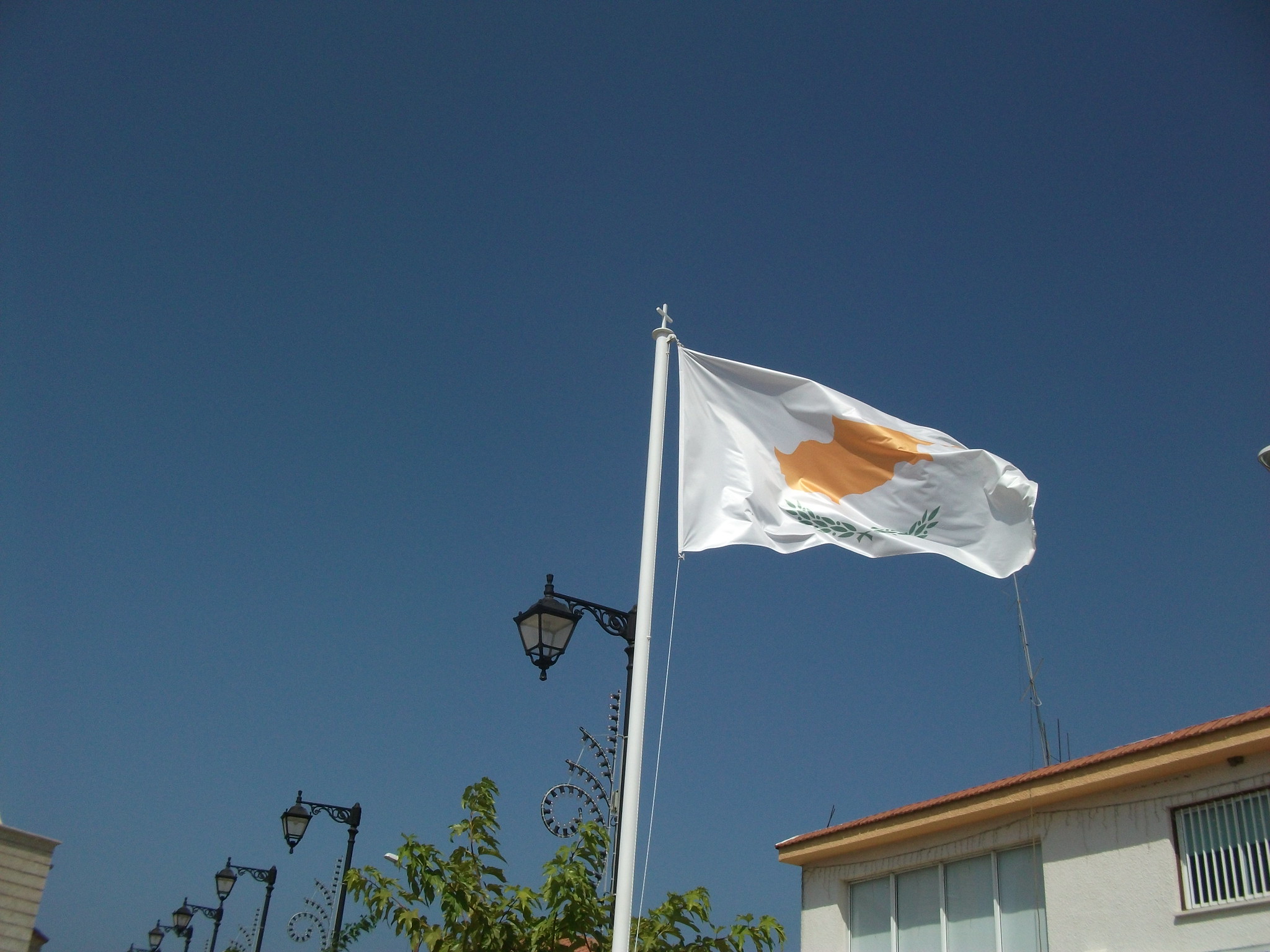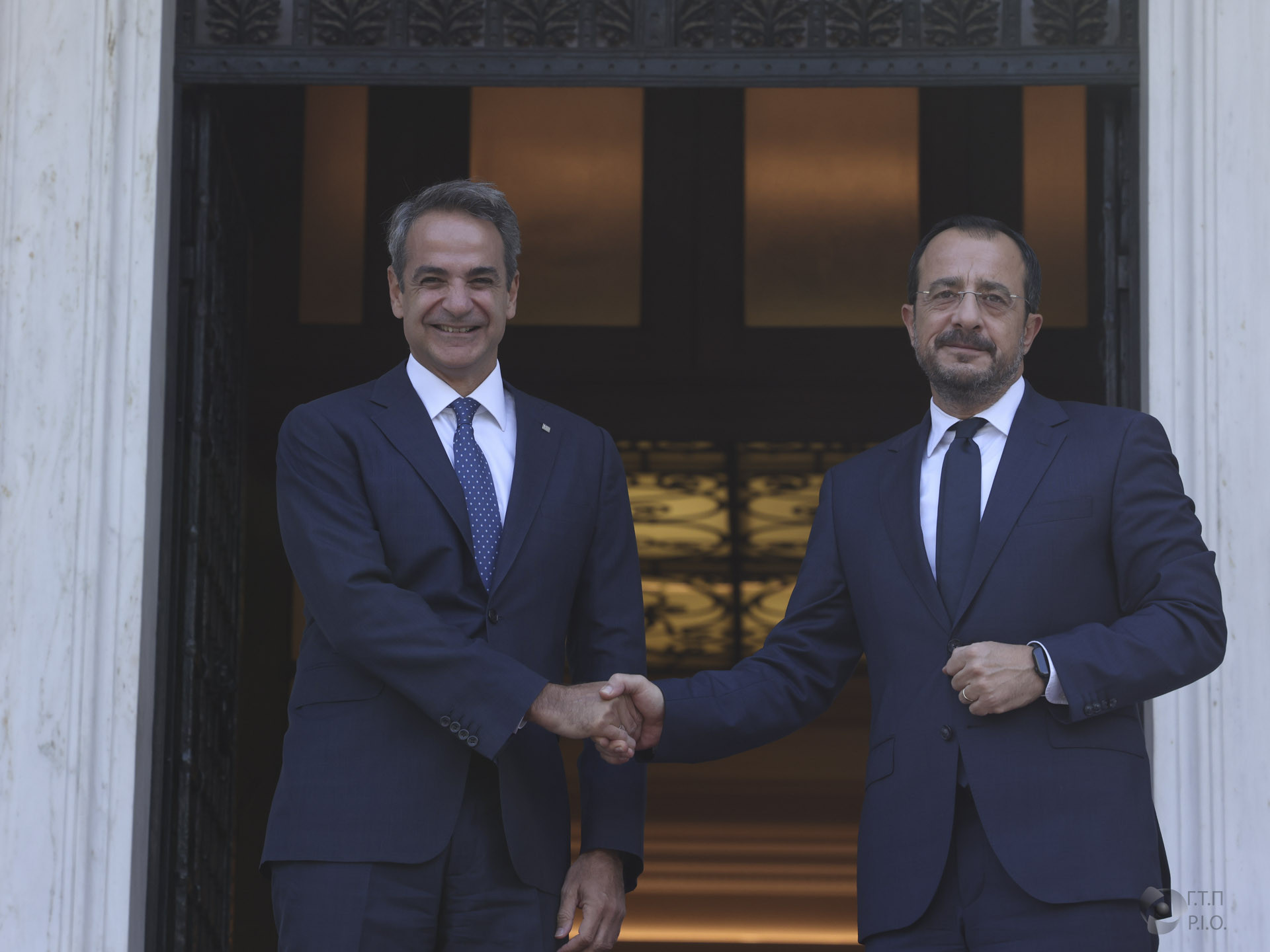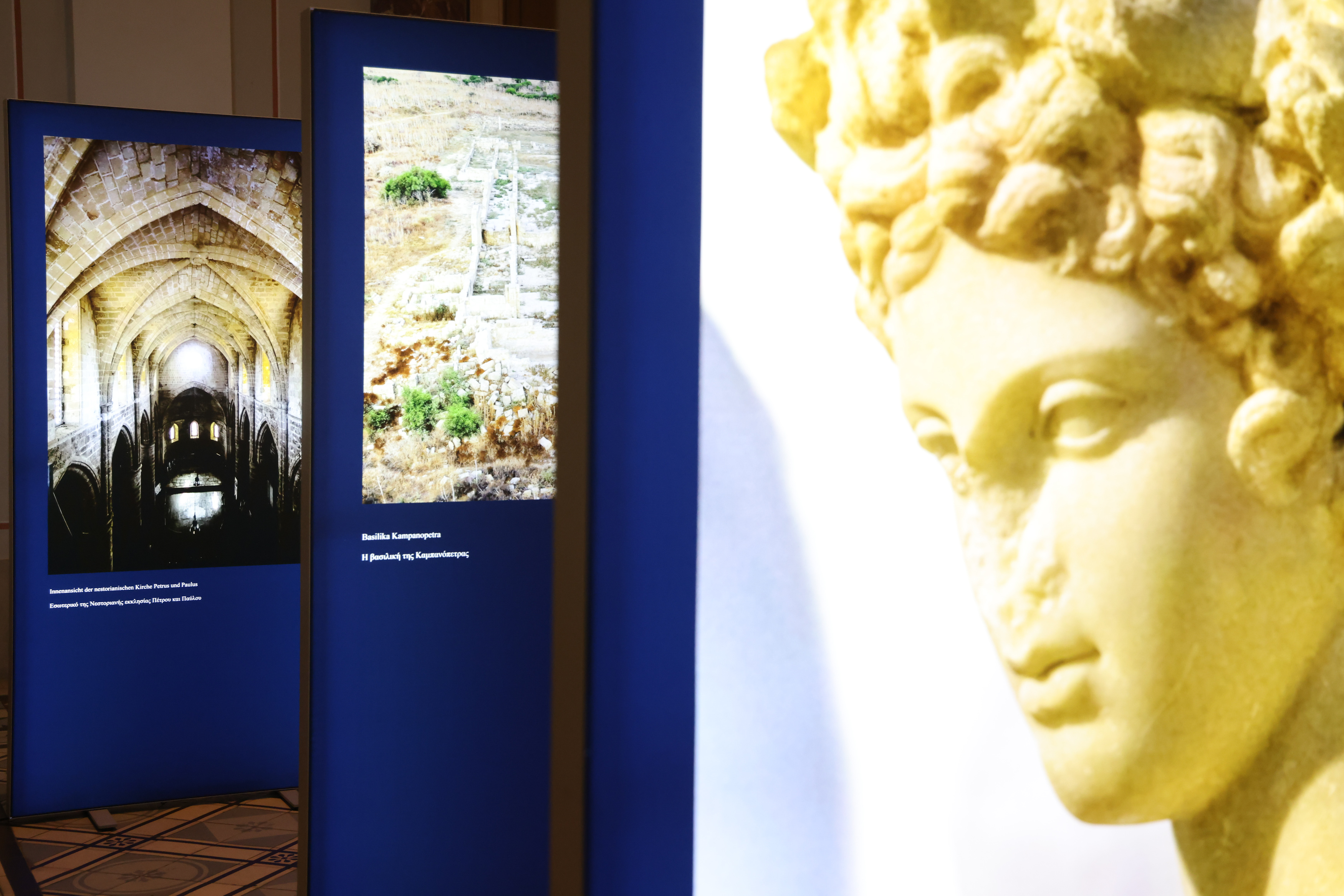Op-ed: Proposal to establish July 9th as Cypriot dialect day
Source: in-cyprus.com
By Lysandros Lysandrou*
In recognition of the enduring legacy of the Greek language, the Hellenic Parliament declared February 9th as International Greek Language Day in 2017. This initiative, first proposed by Professor Yannis Korinthiou in 2014, was established to honor the contribution of Greek to global culture and coincides with the death anniversary of Greece’s national poet, Dionysios Solomos (1798 – 1857).
In a similar spirit, it is proposed that the Republic of Cyprus officially designate July 9th as Cypriot Dialect Day, in recognition of the linguistic and cultural significance of the Cypriot Greek dialect. As a vital branch of the Greek language and an intrinsic element of Cypriot identity, the dialect deserves formal celebration and protection.
Spoken continuously on the island for more than 3,500 years, the Cypriot dialect represents a rich linguistic heritage shaped by centuries of cultural exchange. It is far more than a historical legacy; it remains a vibrant, evolving means of communication that informs oral traditions, folk songs, literature, and everyday life.
Despite its expressive power and deep historical roots, the dialect is frequently undervalued when compared to standard Modern Greek. Many linguists note that Cypriot Greek bears closer structural and phonological ties to ancient Greek than the standardized form taught in schools. Its preservation, therefore, is not only a matter of cultural pride but also a linguistic imperative.
Selecting a date with historical and symbolic resonance is essential. July 9th marks one of the most tragic and defining moments in Cypriot history: the execution of Archbishop Kyprianos and other prominent figures by the Ottoman authorities in 1821. This national trauma was immortalized in one of the most powerful poems ever written in the Cypriot dialect: “The 9th of July 1821 in Nicosia, Cyprus”, by Vasilis Michaelides (1849 – 1917).
Widely regarded as the unofficial national poet of Cyprus, Michaelides gave literary form and national voice to the dialect. His work merges historical memory with poetic expression, elevating July 9th as both a day of remembrance and cultural pride. Although Cyprus already has official national symbols such as the mouflon (animal), the golden oak or “latzia” (tree), and cyclamen (flower), it has yet to formally recognize a literary figure as its national poet. Recognizing Vasilis Michaelides in this role would meaningfully elevate the cultural significance of Cypriot Dialect Day.
The proposed Cypriot Dialect Day would serve the following key goals:
- Preservation and Promotion: Safeguard and encourage the use of the dialect across generations and communities.
- Education: Integrate the history, structure, and literary richness of the dialect into school curricula.
- Cultural Celebration: Organize events such as poetry readings, theater performances, and musical showcases in the dialect.
- Research and Documentation: Support academic work in linguistics and folklore to ensure the dialect is thoroughly studied and preserved.
Establishing Cypriot Dialect Day would be far more than a symbolic gesture. It would represent a conscious commitment to the protection of a linguistic and cultural heritage that continues to define Cypriot identity.
In an era of globalization and linguistic homogenization, celebrating our unique voices becomes ever more urgent. The Cypriot dialect, with its historical depth, is a treasure that deserves both reverence and revitalization.
As Cyprus continues to navigate its evolving identity in the modern world, Cypriot Dialect Day could offer a meaningful opportunity to honor both the past and the living culture of the island.
*Author of bilingual books (In English & Cypriot Greek)
Read more:
The original article: belongs to in-cyprus.com .



